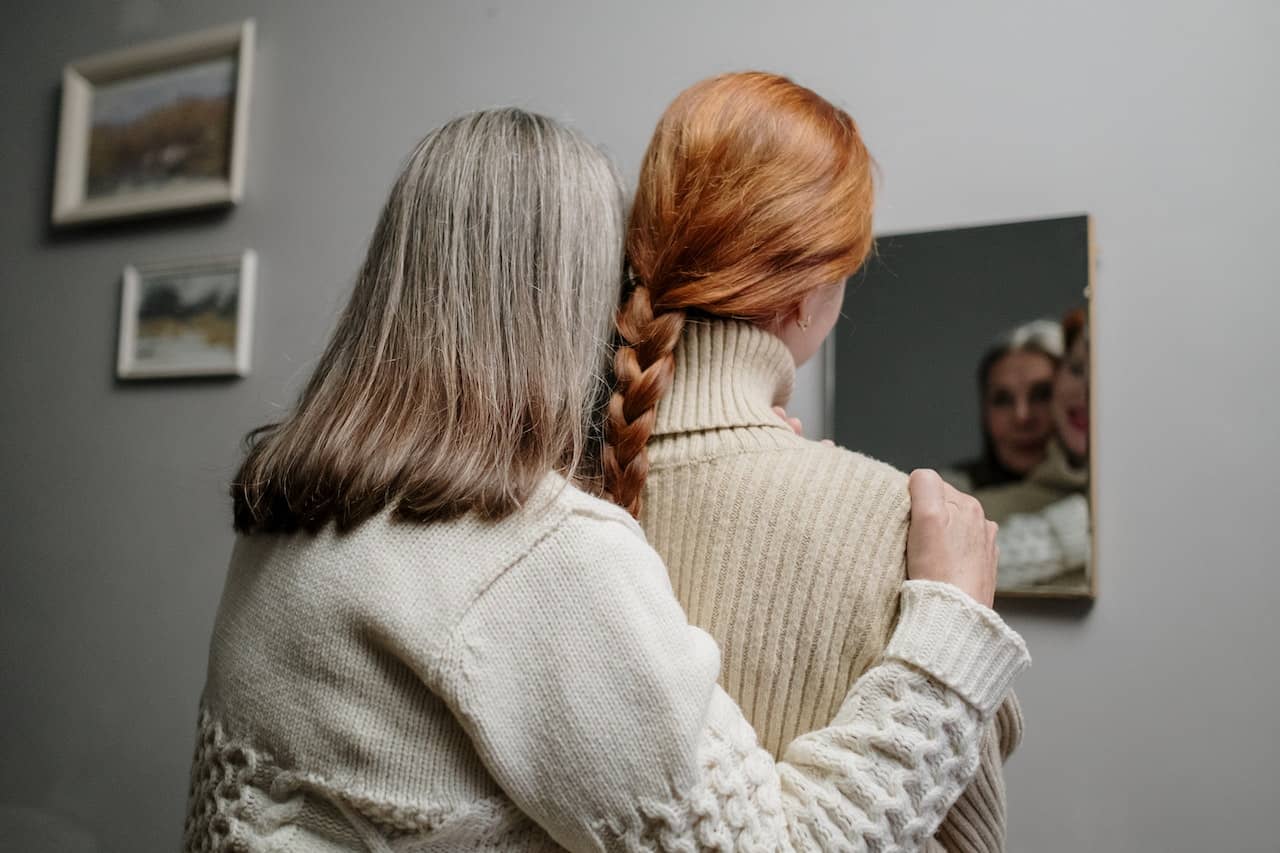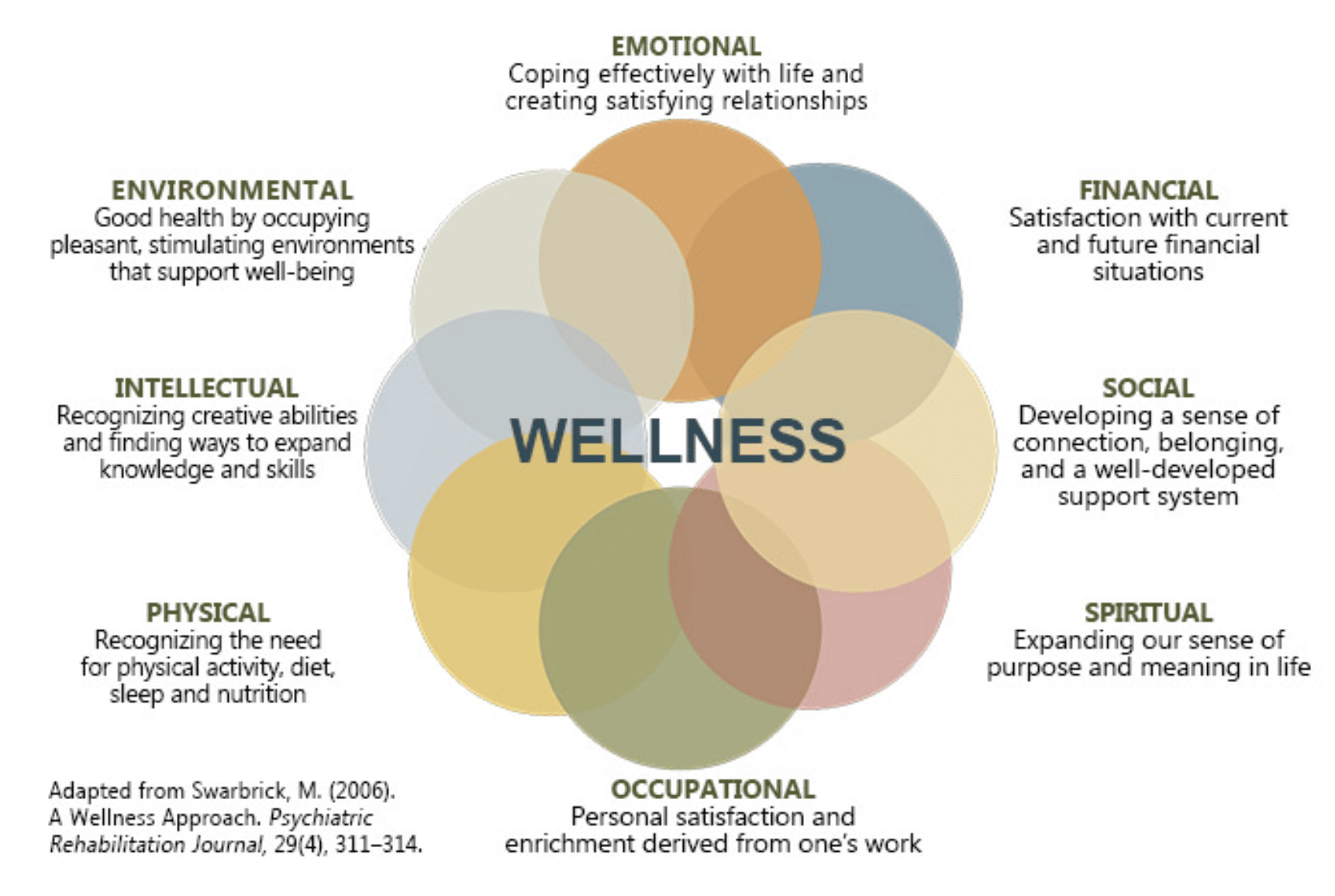Growing up, children tend to emulate the behaviors and practices of those around them, especially their parents. That’s why you pick up certain mannerisms your mom has, how your father talks, or how your siblings do specific things.
Your youth is also the best time to learn and develop emotional intelligence that you carry with you into adulthood. Hopefully, your parents taught you these critical skills, but sometimes they can lack knowledge or skill in certain areas such as setting healthy boundaries or regular self-care. So by the time you’ve grown up, you may realize key tools are missing that support your health, happiness, and inner peace.
Estimated reading time: 6 minutes
 But that’s okay!
But that’s okay!
It might take some work, but it’s possible to learn these abilities at any stage in your life. This blog will get you started with how to prioritize self-care and create healthy boundaries.
Why Self-Care and Healthy Boundaries Are Important
Self-care isn’t just a new buzzword floating around on social media, it's foundational to a healthy and happy life.
There are studies that show self-care reduces stress, anxiety, and depression while increasing happiness. And when engaging in self-care routines and practices, the benefits don’t just stop at the emotional and psychological level. Your physical health also reaps the benefits of self-care by reducing one’s likelihood of developing heart disease, stroke, and cancer.
Self-care is holistic and deals with every aspect of your life: emotional, environmental, financial, intellectual, occupational, physical, social, and spiritual. Those are what the Substance Abuse and Mental Health Services Administration (SAMHSA) considers the eight dimensions of wellness. And because life is dynamic, how you care for these different dimensions depends on how you’re feeling in any given moment and where you are currently in your life. Attuning to yourself and your needs is integral to building wellness.
These self-care strategies can be as simple as:
- journaling
- taking a brisk walk and breathing deeply
- preparing a healthy snack
- a natural skincare routine with an occasional visit to the spa
- regular checkups
- reading a good book
- saving money toward a goal
- a mindfulness practice or meditating
- socializing with loved ones
- regular sleep in fresh, clean sheets
You don't have to spend a half day at the spa to care for yourself (although it's a special treat when you can). Daily little rituals build life habits.
And setting healthy boundaries is also a form of caring for yourself. Personal boundaries ensure a balanced life, so you’re now pulled in too many directions. Without limits, you might feel like your energy’s depleted, you’re being taken for granted, or even taken advantage of.
Being able to say no to the conflicting demands of daily life acts as a shield for when certain behaviors cross the line of what we're comfortable with. Boundary setting can work with everything from intimacy and privacy to how someone regards you in social interactions to a co-worker at work being disrespectful.
If boundaries are set effectively, they not only help you safeguard your multifaceted individual health but also help your connections with other people. This benefit to relationships is because clear boundaries for both parties allow you to show respect for each other and nurture the relationship while building it on a strong and safe foundation.

3 Things About Self-Care and Healthy Boundaries You Should Know
 You need boundaries to lead a safe and healthy life.
You need boundaries to lead a safe and healthy life.
Boundaries are essential. They are like an invisible force field you can put up for yourself to only let in what promotes well-being and happiness. You get to choose!
If you have a tendency of people-pleasing, you might find that you don’t have time for what’s important to you, like a cherished hobby or friendship. And it may be uncomfortable at first to say no. (What mom didn’t tell you is how exhausted she was meeting everyone’s needs but her own!)
This process might seem like a grand ordeal, but in reality, self-care is many small and daily choices on your own behalf. They all add up to a higher quality of life. It starts with knowing yourself well enough so you can say yes and really mean it or say no confidently when necessary. Healthy boundaries empower you to choose what’s right for you!

Take your job, for example. When prioritizing mental health within the workplace, boundaries can look like asking someone not to interrupt you during an office meeting. Or you may need to have a difficult conversation with a colleague about an unpleasant habit that interferes with your well-being or focus, such as gossiping.
It can also be advocating for more reasonable timelines, projects that align with your strengths, or asking for training in areas where you feel less confident. Perhaps, supporting your well-being means holding your co-workers accountable to do their fair share or saying no to going out for lunch when you have a tight deadline.
Asserting yourself and telling someone no might not sit well with you at the beginning, especially if you grew up without clear limits. Yet, saying no can help you focus on things that truly matter.
 Healthy boundaries might seem selfish to you
Healthy boundaries might seem selfish to you
or to people you've spoiled with kindness.
If you haven’t set boundaries in the past, when you set a boundary, it can feel selfish to be putting yourself first. And for others, be prepared for possible push-back. You’re changing the rules of engagement and it can be challenging for some people. They may be accustomed to having easy access to your time whenever they need you. But here’s the thing: you’re not an unlimited resource pool. You have your limitations.
Hopefully, while their initial reaction may not be enthusiastic, they’ll be able to understand your decisions after sharing your reasons. People who love and respect you will respect your boundaries. However, at other times, setting healthy boundaries may be more difficult, like when you’re trying to set up healthy boundaries with disrespectful parents.
Remember, in any learning curve or big change, other people’s reactions are only adjustments to change. You’re simply communicating your limits and practicing agency over yourself. You are not selfish for taking charge of your life.
Related reading: "5 Reasons Why Self-Care Is the Opposite of Selfishness."

 Self-care and healthy boundaries are most effective
Self-care and healthy boundaries are most effective
when reflecting your values and goals—no one else's!
Boundaries, while the word may seem very rigid and permanent, they can be flexible and evolve with you and your relationships. You might think setting boundaries means separating yourself from people, but it’s actually about fostering healthy ways of navigating in your relationships. Let your values and goals guide you.
As you gain self-awareness and understand yourself better, you can adjust how you implement self-care and boundaries. This transformation doesn’t have to be drastic either; incremental changes are healthier and make shifts easier. It’s best to make small changes gradually so you and other people in your life have an opportunity to adjust.
However, if you’re in an unsafe or unhealthy position, don’t hesitate to make changes quickly for the preservation of your health and safety, backed by professional support.
Remember, your boundaries and self-care practices aren’t set in stone. Just as your goals and values in life may evolve as you grow, so will your boundaries and the ways you practice self-care. You’re allowed to change them when it pleases YOU; they’re your boundaries and self-care practices. You have complete autonomy, so do what’s right for you!
To learn how to better take care of yourself and set healthy boundaries in your relationship, check out our self-guided course on emotional intelligence. It's never too late to hone your EQ skills!
Improve your emotional intelligence today!










